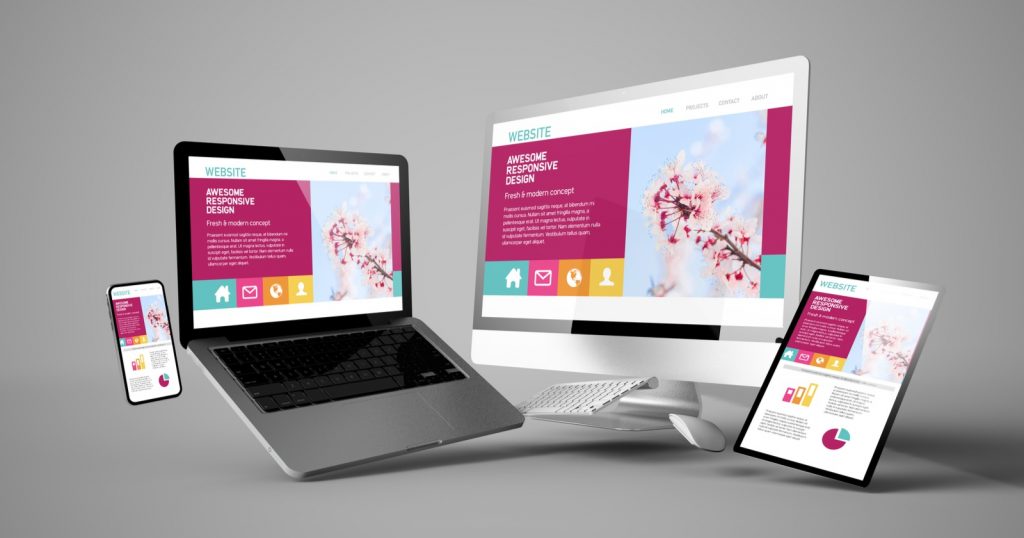Webshop subscription models have emerged as a significant trend in the ever-evolving landscape of e-commerce, fundamentally reshaping the way consumers and businesses engage with online shopping. These models offer an innovative approach to purchasing goods and services, providing customers with a sense of convenience, personalization, and cost-efficiency. Unlike traditional e-commerce, where buyers make one-time purchases, subscription-based webshops encourage customers to sign up for recurring deliveries of products or services at specified intervals, whether it be weekly, monthly, or annually. One of the primary drivers behind the popularity of webshop subscription models is the convenience they bring to consumers’ lives. In a fast-paced world, people value time and effort saved wherever possible. Subscription e-commerce simplifies the shopping experience by eliminating the need to repeatedly browse, select, and checkout. Instead, customers can set it and forget it, knowing that their desired products will arrive regularly without the hassle of manual reordering.

This convenience extends to various product categories, from groceries and personal care items to fashion and technology gadgets. Furthermore, webshop subscription models are designed to foster deeper relationships between businesses and their customers. By gathering data on consumer preferences, companies can curate personalized offerings, tailoring the products or services to individual needs and preferences. This personalized approach not only enhances the customer experience but also cultivates brand loyalty and trust, driving higher customer retention rates. In this way, businesses have a more reliable stream of revenue, allowing them to focus on improving and expanding their offerings. The financial aspect of subscription-based webshops is another compelling factor. Subscribers are often offered discounts, exclusive access to new products, or free shipping, making these models cost-effective for consumers. The subscription fee, usually paid on a recurring basis, can often result in cost savings over time, especially for products that consumers frequently purchase.
The success of webshop udvikler subscription models is not confined to any specific industry. While they initially gained popularity in niches like beauty products and streaming services, they have since expanded to encompass a wide range of products and services. Today, you can subscribe to receive anything from gourmet meal kits and pet supplies to books, clothing, and even exercise equipment. This diversification highlights the adaptability and versatility of the subscription model, demonstrating its potential to revolutionize how people interact with online commerce across different sectors. As webshop subscription models continue to thrive, businesses are increasingly relying on data analytics and customer feedback to refine their offerings, making them more customer-centric. This data-driven approach enables companies to predict and respond to consumer needs more effectively, resulting in higher satisfaction levels and long-term customer loyalty. Furthermore, it empowers businesses to develop sustainable and environmentally friendly practices, as they can optimize production, reduce waste, and minimize unnecessary packaging through a better understanding of customer preferences.
